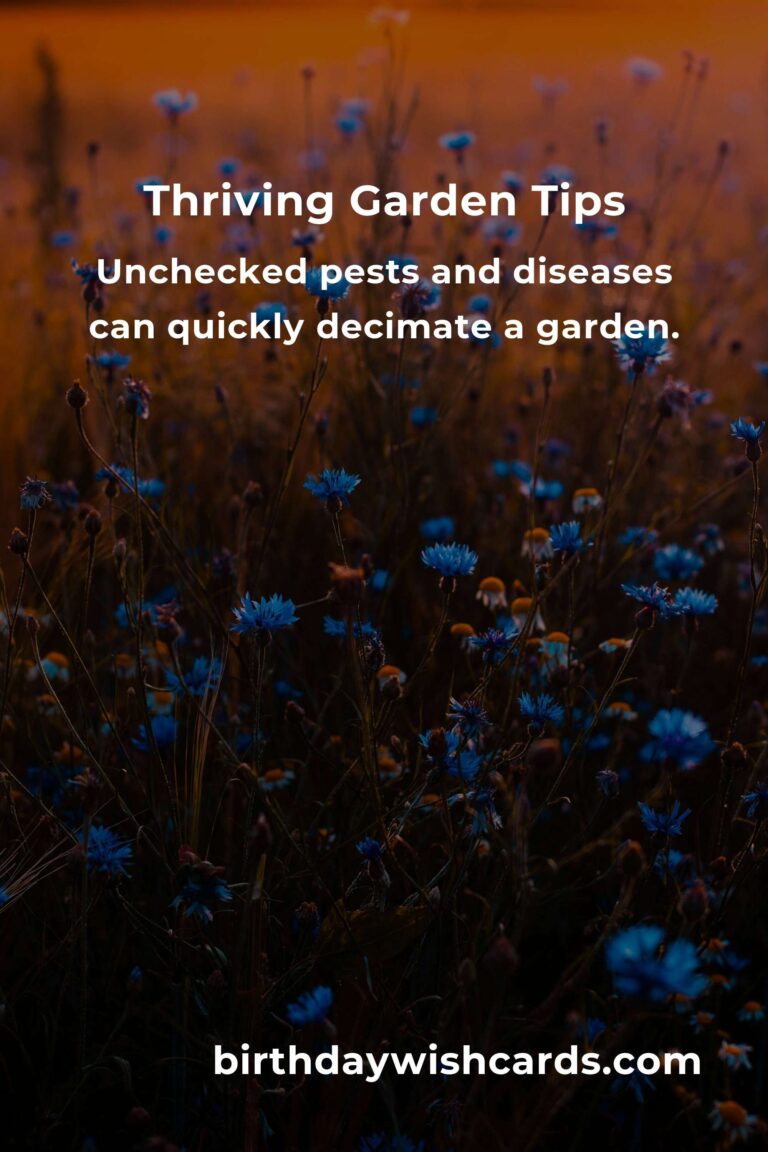
Gardening is both a rewarding and therapeutic activity, but it can be fraught with challenges, particularly for beginners. Whether you’re planting vegetables, flowers, or herbs, understanding the common pitfalls can save you time and effort. In this article, we’ll explore some of the most common gardening mistakes and provide actionable tips to help you avoid them.
Overwatering Your Plants
One of the most frequent mistakes gardeners make is overwatering. While plants need water to thrive, too much can suffocate roots and lead to rot. It’s essential to understand the water requirements of your specific plants. Tip: Check the soil moisture before watering. If the top inch of soil is dry, it’s time to water. Consider using a moisture meter for accuracy.
Planting in the Wrong Spot
Another common error is planting in an unsuitable location. Sunlight, soil type, and space all play vital roles in plant health. Tip: Research your plants’ needs before planting. Ensure they receive the appropriate amount of sunlight and are planted in compatible soil.
Ignoring Soil Health
Healthy soil is the foundation of a thriving garden. Ignoring soil health can lead to poor plant growth and increased susceptibility to pests and diseases. Tip: Regularly test your soil for nutrient levels and pH balance. Incorporate organic matter like compost to improve soil fertility and structure.
Neglecting to Mulch
Mulching is often overlooked, yet it offers numerous benefits, such as moisture retention, temperature regulation, and weed suppression. Tip: Apply a layer of organic mulch around your plants, ensuring it doesn’t touch the plant stems to prevent rot.
Overcrowding Plants
Planting too closely together can lead to competition for resources, stunted growth, and increased disease risk. Tip: Follow spacing recommendations on seed packets or plant labels. Give your plants room to grow and thrive.
Failing to Prune
Pruning is crucial for maintaining plant health and encouraging growth. Failing to prune can lead to overcrowded, unhealthy plants. Tip: Regularly prune dead or diseased branches and shape your plants to improve air circulation and light penetration.
Using the Wrong Tools
Using inappropriate tools can damage plants and make gardening tasks more difficult. Tip: Invest in quality gardening tools suited to your specific tasks. Keep them clean and sharp for optimal performance.
Ignoring Pest and Disease Management
Unchecked pests and diseases can quickly decimate a garden. Tip: Regularly inspect your plants for signs of pests and diseases. Use organic methods for pest control, such as neem oil or insecticidal soap, to minimize harm to beneficial insects.
Conclusion
Gardening requires patience, knowledge, and attention to detail. By avoiding these common mistakes, you can create a healthy, bountiful garden that provides both beauty and sustenance. Remember, every garden is unique, so continuous learning and adaptation are key to success.
Gardening is both a rewarding and therapeutic activity, but it can be fraught with challenges. Overwatering is a frequent mistake that can suffocate roots and lead to rot. Planting in unsuitable locations can affect plant health significantly. Healthy soil is the foundation of a thriving garden. Mulching offers numerous benefits, such as moisture retention and weed suppression. Pruning is crucial for maintaining plant health and encouraging growth. Using inappropriate tools can damage plants and complicate gardening tasks. Unchecked pests and diseases can quickly decimate a garden.
#GardeningTips #PlantCare #GardenMistakes #HomeGardening

